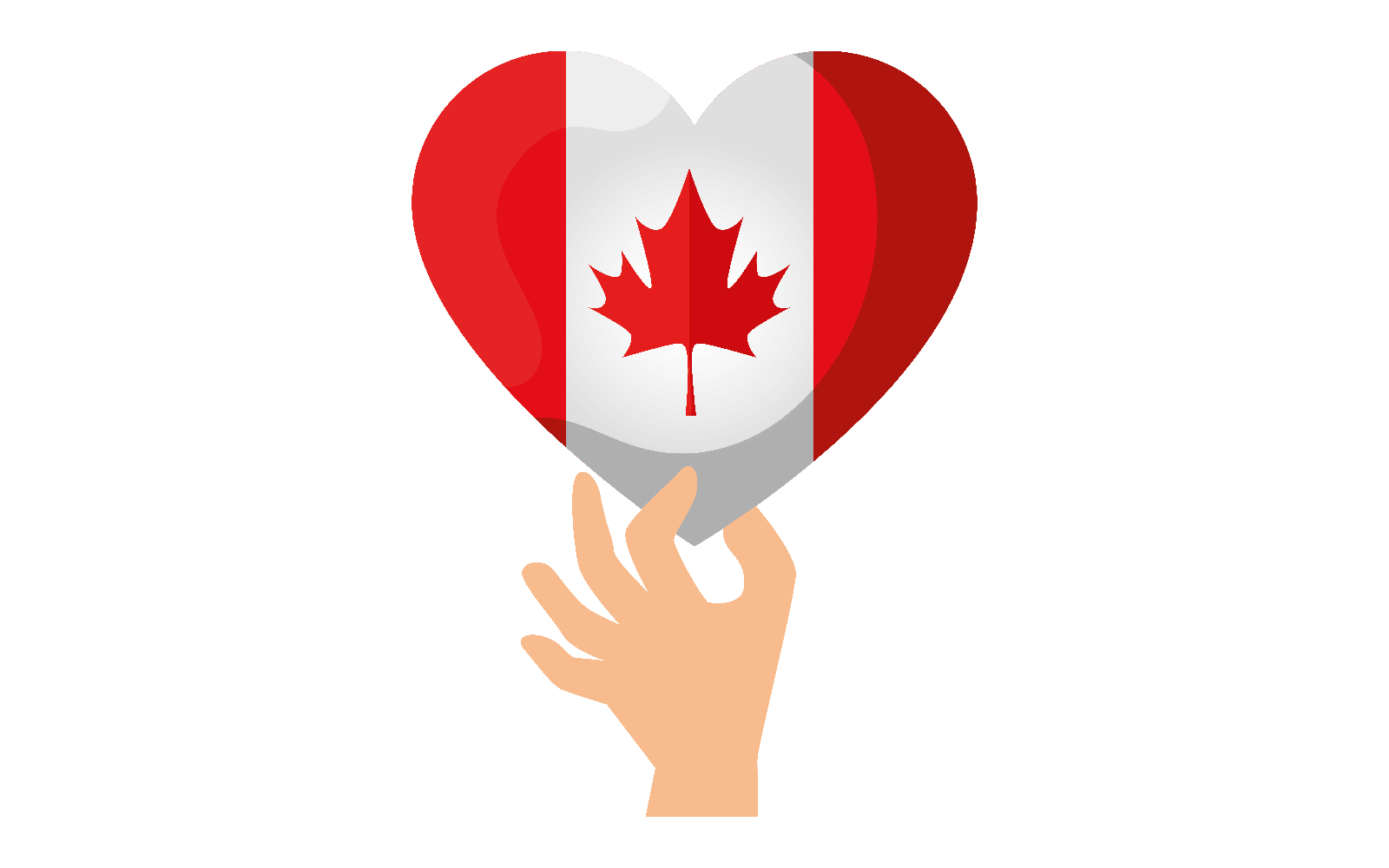The barriers against psychedelic therapy as medicine are slowly coming down, brick by brick. Last week, Canada’s Minister of Health, Patty Hajdu, took a center-stage role in the most recent dismantling. She approved the use of psilocybin to help ease anxiety and depression for four terminally ill cancer patients.
The approval comes after a series of wins for the psychedelic community over the past five years. Respected institutions like MAPS and Johns Hopkins University set out to conduct research studies of MDMA for post-traumatic stress disorder (PTSD), thus removing a brick in the metaphorical barrier. The FDA took out another stone when it approved a new ketamine treatment for depression therapy last year. Michael Pollan’s 2018 hit book, How to Change Your Mind, disassembled an entire section of the wall. It took studies about psilocybin and LSD’s ability to help the terminally ill mainstream.
In 2016, Johns Hopkins Medical School conducted a randomized double-blind trial on patients with life-threatening cancer. Patients showed a sustained 80 percent decrease in anxiety and depression from a high dose of psilocybin. And a 2020 follow-up at Palo Alto University confirmed the effects. Last September, Johns Hopkins University also launched the Center for Psychedelic and Consciousness Research. It’s the first psychedelic research center in the United States.

Meaningful and Science-Based Change
Each one of these events and studies helped cities, such as Oakland and Denver, decriminalize psychedelic mushrooms. And Hajdu’s exemption, made under Section 56 of Canada’s Drug and Substances Act, is one more step along the path to legalization of these long-stigmatized chemicals. This marked the first time an exemption like this has been granted that wasn’t under the umbrella of a clinical research trial.
The patients submitted their plea to the Canadain Health Department in April with the help of TheraPsil, a nonprofit organization that advocates for psychedelic use in end-of-life care.
“Although it has taken a long time we are impressed with their willingness to listen to patients who have not been heard and to shift focus and policy to accommodate their interests and protect their needs,” Dr. Bruce Tobin, Founder and Chairman of TheraPsil, said in a press release.
While the patients had to wait over 100 days for a decision, they were relieved and grateful at the outcome.
One of the applicants, Laurie Brooks, spoke out in the same press release.“The acknowledgment of the pain and anxiety that I have been suffering with means a lot to me…. I am feeling quite emotional today as a result. I hope this is just the beginning and that soon all Canadians will be able to access psilocybin, for therapeutic use, to help with the pain they are experiencing, without having to petition the government for months to gain permission.”
Thomas Hartle, another applicant, said he was ready to move onto the next phase of his healing.
There is more evidence and precedent to call upon when future breaks in policy are needed. The publication of more research, and the granting of more exemptions and access to psychedelic treatment, are sure to follow.













